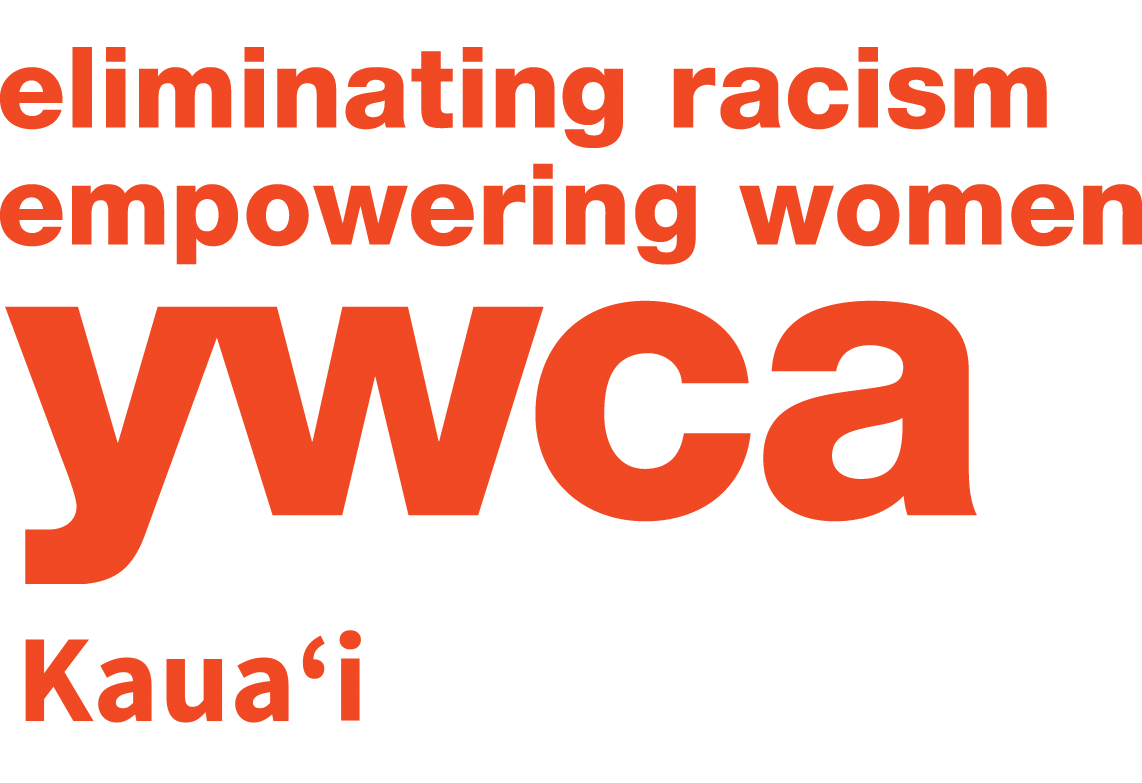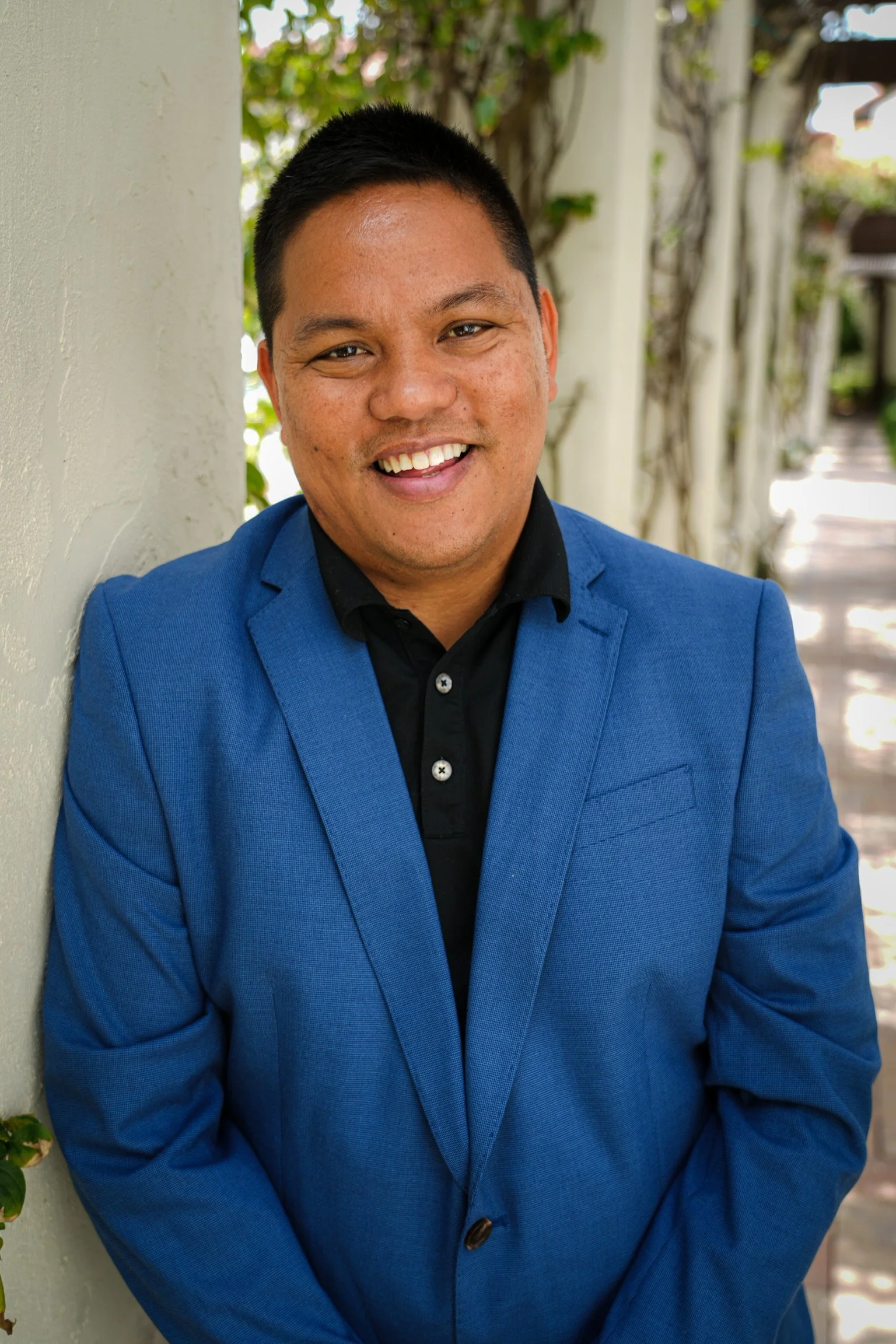Addison Bulosan
What are your pronouns?
he / him / his / they
Town of Residence
Līhuʻe
Occupation
Chiropractor
Is there anything else about your background or how you identify that you would like to share?
Born and raised on Kaua’i, I moved back home in 2014 to be closer to family and start my private practice as a Upper Cervical Chiropractor. Most people know me through the community work I do through the Rice Street Business Association or Kamāwaelualani, but I’m like most local people here on Kaua’i, doing what we can with what we have, whenever we have a moment to help.
My hope is that by stepping into the challenges we face, we are able to create a better future for us all.
What is your vision for Kauaʻi?
Every morning I revisit a vision of Kaua'i that lives, breathes, and practices harmonious action that best serves the whole of the community - which includes all living beings and the environment.
Who is the most influential female figure in your life who is not in your family, and why?
Nicole Cristobal (before we got engaged) - she has been a beacon of light, education, inspiration, and love. Her dedication and love for native Hawaiian epistemology, ways of being, and to the island of Kauai and her people, creates a positive resonance in my soul and influences me to be a better person. If Nikki is considered family, my most influential female figure not in my family would be Kamele Hui. She's a dear friend since High School and have been a positive influence in the way that I love and think. Her openness, honesty, kindness, and love, has been a shelter for me in my darkest times and her personal philosophy influences me to be a better person.
Kauaʻi and other rural areas have elevated rates of youth suicide. 11% of our high school students report having attempted suicide. The risk is significantly higher for LGBT teens on Kauaʻi, with 41% reporting suicidal thoughts (YRBS, 2019).
A key factor in youth suicide prevention is making sure that every kid has a positive relationship with a caring adult in their life.
Afterschool programs and activities are key strategies to tackling this youth mental health crisis; however, we don’t have nearly enough afterschool programs on Kauaʻi to meet the need and few safe spaces where our kids can go.
What can the County do to support the increase of afterschool programs, community activities, and safe spaces for our youth?
Several ways that the county can support after-school programs are by partnering with nonprofits and organizations to increase their capacity by jointly pursuing federal and state grants. Another opportunity is by leveraging county neighborhood centers and parks, enabling these spaces for community programming and collaborating with organizations that provide these services. Lastly, the county can continue to support programming by making sure our county budget includes support for after-school programming.
Human trafficking is a form of modern slavery that occurs in every state, including Hawaiʻi. In Hawaiʻi, labor trafficking most frequently occurs in domestic work and elder care venues (ACF/HHS, 2017).
Between 2019-2022, Child Welfare received 205 reports of child sex trafficking (AG, 2019). On Kauaʻi, there are at least 6 known child sex trafficking victims with this estimate likely being a gross underestimation (ASU/ HSCSW, 2020).
How would you address the issue of human trafficking and commercial sex exploitation on Kauaʻi?
As a potential council-member, first and foremost is by becoming more educated and aware of the problem and where the county council can positively affect this change. My focus is to work with coalitions dedicated to addressing this problem to provide legislative actions that will positively affect our specific outcomes we need to achieve. The challenge is community wide, including several missing pieces that require support for a network of agencies that are working on these challenges. This also includes proper education and tools for our frontline workers.
The recent Dobbs decision which overturned 50 years of legal precedent has raised concerns about the possible erosion of abortion rights in Hawaiʻi. Although abortion is currently legal in Hawaiʻi and recent polls show 66% of Hawaiʻi residents support legal abortion, access to abortion services on Kauaʻi are limited, often requiring women to fly off-island for care.
If elected, would you vote for a resolution in support of strengthening abortion rights, and are there other actions you would take as a councilmember or individual to increase local access to abortion care?
Yes.
In 2020, there were over 400 unhoused people on Kauaʻi, many of whom (37%) are unsheltered families (PIT, 2020).
What action will you take to address Kauaʻi’s housing crisis for families? Should property tax revenue should be adjusted to invest more in affordable housing? Why or why not?
Yes, property tax revenue should be adjusted to focus on empowering local residents, disincentivize out of state ownership, and dedicate funds towards addressing the unhoused challenges. My focus is on housing first strategies, which includes several solutions such as transitional housing and focusing in town core centers for workforce and affordable housing. In addition, my focus is in empowering current local residents to have stronger home support by incentivizing additional rental/dwelling units in residential areas so that families have a stronger economical and relational home. Also, partnering with existing organizations and private affordable housing agencies with state, federal, and county resources to expedite affordable/workforce housing in town core centers. Lastly, my focus is to look for infrastructure solutions and leverage bonds for these challenges.
Additionally, for immediate solutions I hope we can designate safe overnight parking areas.
Over 4,000 people on Kauaʻi are on the waitlist of Hawaiian Home Lands (DHHL, 2021).
60% of the over 200,000+ acres of land governed by the Department of Hawaiian Home Lands for Kānaka Maoli housing may never have homes due to the lack of infrastructure for residential housing (DHHL, 2019). Kānaka Maoli have the highest rate of homelessness in Hawaiʻi.
What initiatives will you undertake to help combat Kānaka Maoli displacement?
My focus would be to work with state, federal, and county leaders to leverage the infrastructure funds that are coming in, and direct them to infrastructure improvements for residential housing in areas particularly where county can partner with DHHL. In addition, I'm open to looking at expediting or incentivizing workforce/affordable housing developments with DHHL.
Last month, the Kauaʻi County Council unanimously voted to return the property and buildings designated for a drug treatment facility to Grove Farm.
According to the Health Resources and Services Administration, Hawaiʻi is designated as a Health Professional Shortage Area. Only 14.2% of the Mental Health Care need has been met as of September 2021 (HRSA, 2021).
What concrete steps will you take to ensure the mental health of our community is addressed? What can the County do to ensure individuals seeking substance abuse treatment are able to access the care they need?
Strengthening at home resources, family support, and community resiliency is the first and foremost measures that our County can take. Continuing to prioritize programs within our county budget, proposing legislative changes that will enable our county to improve our residents quality of life. In addition, advocating for continued financial support for our mental health programs through partnerships with organizations that are providing services.
We’ve talked about housing, childcare, the displacement of Kānaka Maoli, and healthcare as separate topics. If we take a wider view, we can see these issues as interrelated and part of systemic discrimination and devaluation of women and girls.
How would you use your role as a community leader to address the impact of systemic injustices so young women and keiki can have equal opportunities to live to their fullest potential?
We are currently addressing these issues through the nonprofits and businesses I'm part of, such as Kamawaelualani, Rice Street Business Association, The Specific Chiropractic Centers, Tasting Kauai, and Laser Tag Kauai. First, we execute our equity plan and established a specific guideline and objective to provide equal opportunity for young women and keiki on Kauai. We execute projects and programs that increases the opportunities for women and keiki. And we provide support and education to empower our community.
With that said, if elected as council-member, I will continue my efforts and execute a personal equity plan to empower our women and keiki in our community.
Are there any other important issues for our community that you would like to address?
There is a huge divide in civic engagement, community engagement, and we're losing our collective efforts as a community. With the compounding challenges of all above mentioned, it's getting harder to collectively work together on social and economic issues and we need to find a way to strengthen our relationships with each other, both personally and professionally.

